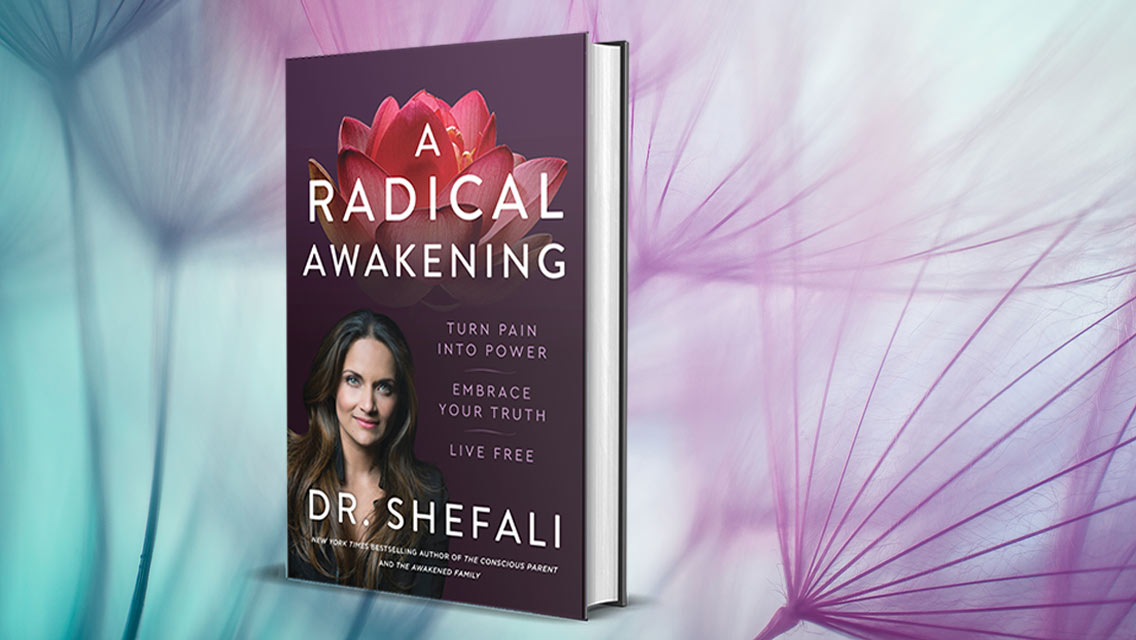When we notice our addiction to seeking love from the outside, we might dare to ask what it means to give ourselves love. What would it mean to value our own knowing so much that it occluded the opinions of others? Can we possibly honor and respect our own self that much? When we begin this serious inquiry, we might be shocked to discover how little we value ourselves. We might find ourselves saying:
- No, I cannot give myself love and worth.
- No, I don’t trust my opinion or knowing.
- No, I don’t believe I am important enough to listen to.
We might notice how insignificantly we treat ourselves and how little we esteem our own inner voice. We would rather obtain significance from others before we find it within ourselves. If you sit deeply with this realization, you may realize how discarding and cruel we are to ourselves. How on earth did we learn such self-invalidation and self-loathing?
Awareness of how our inner disconnect perpetuates our disempowerment has the potential to shake us to our core. This awareness has the power to snap us out of being a victim and blaming others. Perhaps for the first time, we can see how we are the full-time stagehands in our theatrics, setting the props for our inner demise. There is no evil outer. Our significant others only play a role we cast for them in our lives. The power never lies in them, only in us.
In order to shift, we need to be aware of what is going on inside us. We need to check in with ourselves on a moment by moment basis, asking the following:
- Am I acting out of obligation and duty, or alignment and authenticity?
- Am I acting out of fear of losing another’s love, or the power of self-love?
- Am I acting out of scarcity of what-if, or abundance of the what-is?
- Am I in lack about the future, or empowerment about the present?
- Am I acting out of a desire to please the other, or a desire to please myself?
- Am I acting out a past pattern, or honestly responding to the present?
Do any of our motives spring from authenticity and self-governance, or are most of them driven by an inner need emanating from the void at our center? If the latter, it’s quite likely that all our motives are duty-bound, fear-based, and focused on lack. As we become aware of these inner disconnects, a realization grows that we need to pivot to a new place of inner connection. But how? What fosters a state of inner connection?
The answer always returns to inner stillness and reflection. The more we learn to sit quietly with ourselves in self-reflection, the more we become aware of what’s going on within. We begin to depend on our own company and relish our own friendship. We develop a companionship with our inner being and learn to value its opinions, desires, and ideas. In essence, we begin to court our authentic self.
As we check in with ourselves, we catch ourselves in the act of self-betrayal as it’s happening. When we catch ourselves about to sell ourselves short, we pivot and shift. More and more attuned to our acts of self-abnegation, we pay attention when we suppress our inner voice and, instead, begin to speak up. At first, we might not even be able to separate our voice from the din of others, but slowly we become better able to do so. It may take months or many years, but eventually, we will arrive at a new place where the needle begins to move from the outer to the inner, from self-imposed duty to authenticity, from lack to abundance, from fear to self-empowerment. The natural blossoms of these shifts is a burgeoning sense of inner love and worth. Before we know it, we begin to hold ourselves in the reverence we formerly accorded to others.
When this seismic shift from self-loathing to self-love completes itself, we are left with a renewed understanding of our authentic power and purpose. Finally, having reconnected with ourselves, we feel intimately connected with all life around us. This is the power of self-love and self-honor.
Excerpted from A Radical Awakening by Dr. Shefali and reprinted with permission from HarperOne, an imprint of HarperCollins Publishers. Copyright 2021.





This Post Has 0 Comments